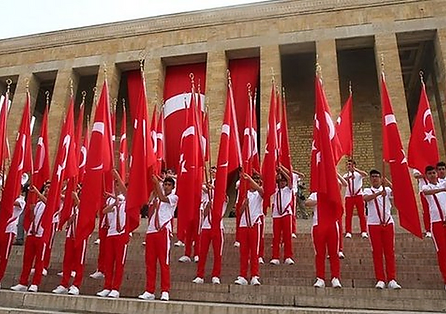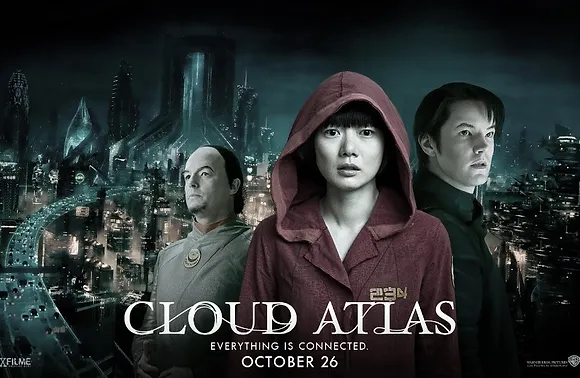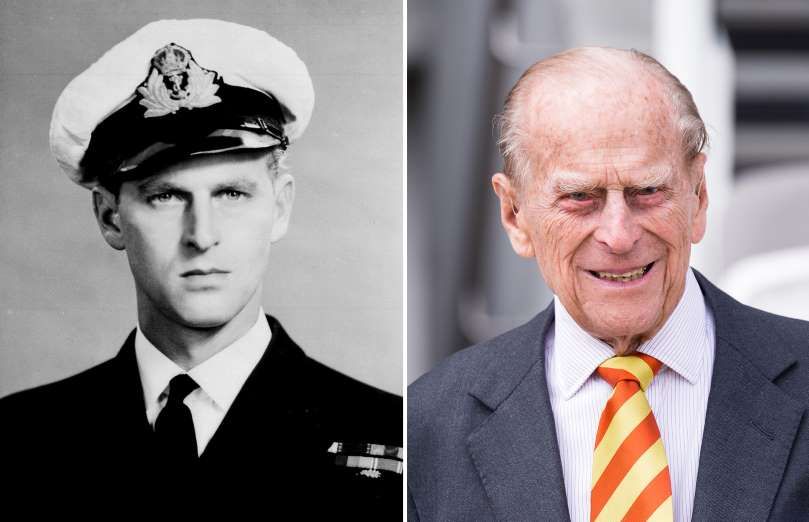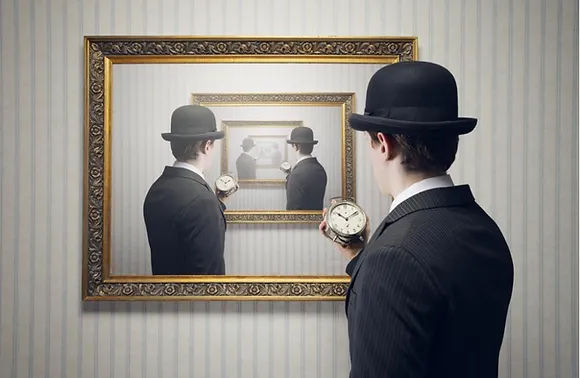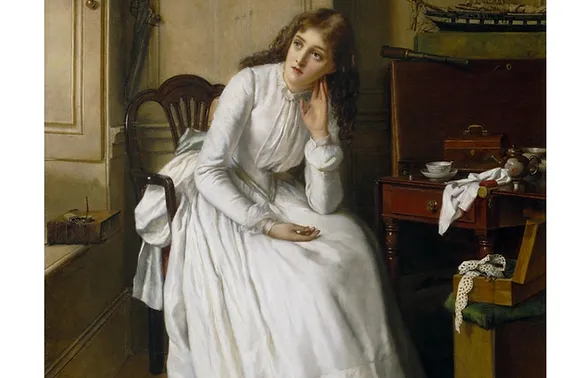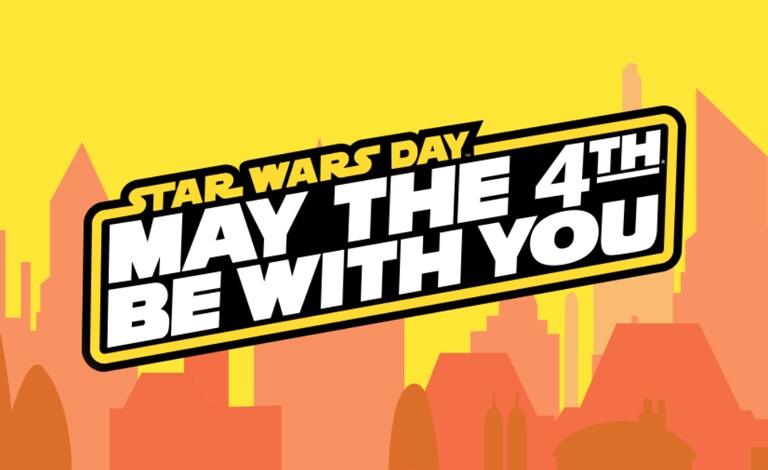
May the 4th Be With You: Star Wars and the Vietnam War

Happy May 4th to all the PRESENT readers! No matter if you watched “A New Hope” in 1977 in a movie theatre or watched it on your TV, you are a part of the huge Star Wars fan community, which sprawls from generation to generation. The words “Star Wars” still stir the blood of millions of people, no matter what age they are. And with the new movies and TV series episodes, it is getting only deeper and better day by day. And as the Star Wars universe expands more and more, we get to have a very detailed and expanded view of the events and characters it holds. From the 70s to today, Star Wars has had a massive impact on modern popular culture. But as well as affecting the modern world, it has been affected by it greatly. The battles, dramas, politics, and relationships in Star Wars; may actually be depicting a much bigger and much more familiar reality.
Over the course of history, traditional armed warfare and postmodern political discussions have always been of uttermost importance not only to arts and sciences but even to our daily lives. Star Wars, on the other hand, was taken during the Cold War times. Obviously, as with everything, George Lucas and his films were influenced by the events of this very period. Of course, one of the major events of this era was the Vietnam War. The war can simply be summarized as a war between a world superpower and a small group of natives, where the latter won. US forces suffered greatly, despite their technological superiority. Nonetheless, looking after the third movie of the Star Wars franchise, Return of the Jedi, we concur Ewoks are in an environment where they blend in perfectly to take out the stormtroopers. As William J. Astore writes in Star Wars and History, both the Viet Cong and Ewoks were quite knowledgeable of the local terrain and able to conceal themselves in that terrain. Furthermore, we know for a fact that George Lucas had this very war in his conscious mind that he wanted to make a documentary-style anti-war movie on the Vietnam War, titled “Apocalypse Now.”
Going further on the series, throughout the prequel trilogy, we see Palpatine becoming the Chancellor of the Republic, and the Republic becoming a fascist ruled Empire. Republic’s conversion into the Empire and Chancellor’s turning into a Dictator are usually compared to infamous dictators such as Adolf Hitler, given that even the common armed guards were named after the Nazi stormtroopers, the Sturmabteilung. However, the direct inspiration for the antagonist character here is in fact Richard Nixon as Lucas confirms when he was asked if Emperor Palpatine was a Jedi: “No, he was a politician. Richard M. Nixon was his name. He subverted the senate and finally took over and became an imperial guy and he was really evil. But he pretended to be a really nice guy.” In 2005, an interview with Lucas also blatantly implies that Star Wars is really about the Vietnam War: “It was really about the Vietnam War, and that was the period where Nixon was trying to run for a [second] term, which got me to thinking historically about how do democracies get turned into dictatorships? Because the democracies are not overthrown; they are given away.”
Ultimately, we can very well be sure of Star Wars’ politically polarized status here. To some, this movie can only be all about lightsabers and spacecraft. However, the more one goes deeper, the more they find out about our own reality. A long time ago, may be closer to our present than we think; a galaxy far far away, could be closer to us than we perceive. Have a good day, ladies and gentlemen, may the Force be with you.
